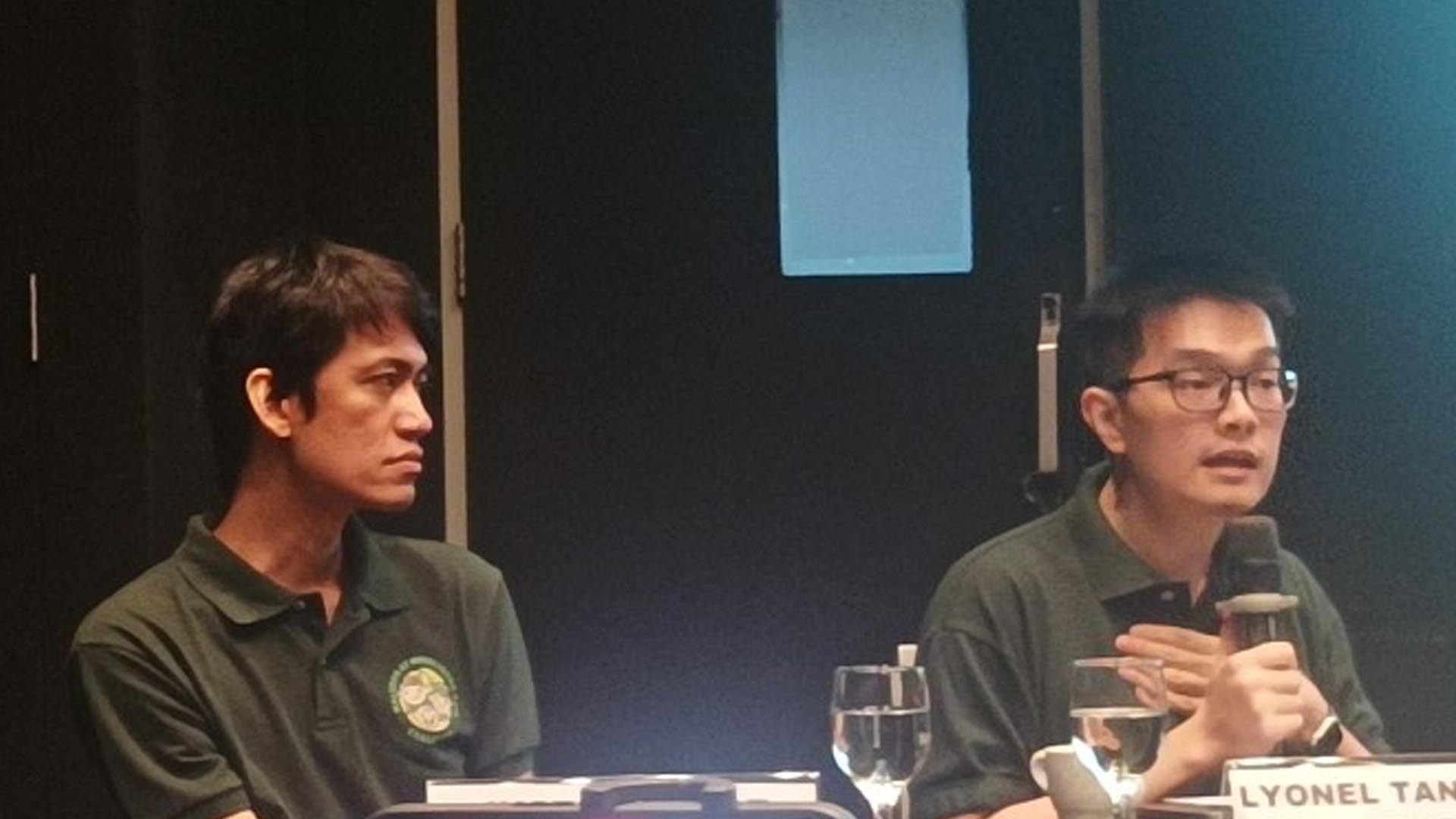A group advocating against malnutrition and stunting on Friday called for the inclusion of the first 1,000 days of life in the Pantawid Pamilyang Pilipino Program (4Ps) following tariff adjustments for protein-source foods.
In a media forum, Malusog at Matalinong Bata (MMB) Coalition co-convenor Lyonel Tanganco said the decision of President Ferdinand R. Marcos Jr.’s administration to keep tariffs on food items which are sources of protein low until 2028 is important in helping three million Filipino children who are stunted.
The Comprehensive Tariff Program for 2024 to 2028 adjusted tariff rates and retained the lowered tariffs on mechanically deboned meat and pork, and corn which is an input to livestock.
“This action makes nutritious food more accessible to the poor. It will help in combating nutritional deficiencies and enhancing food security among our most vulnerable populations,” Tanganco said.
However, lower food prices are not enough particularly for the poor who have tight budgets because of the recent inflation, he said.
Citing the importance of adjusting cash grants provided by the government, Tanganco said the MMB Coalition proposed the creation of a separate grant for the first 1,000 days of life.
MMB Coalition co-convenor Maia Valdez said the 4Ps program does not have a budget for children who are zero to two years old.
“We invest a lot in infrastructure and we forget that our biggest capital is human capital. We can now see the impact of malnutrition and stunting in the knowledge and absorptive capacity of the brain of the children, and besides that they become sickly,” she said.
According to joint malnutrition estimates by UNICEF, World Health Organization, and World Bank in 2022, one in three Filipino children under five years old is stunted or too short for their age. The Philippines is second to Indonesia for having the worst condition in the region.
Emphasizing that prevention is better than cure, Valdez said a First 1,000 Days Grant would help families to afford more nutritious food and healthcare costs from conception to two years old, and maximize the intended gains of 4Ps.
“Many of those in our workforce now are sickly and they just go to PhilHealth. But, whatever we can save, we can use that money to invest now to make our children healthy in the future,” she said.
The MMB Coalition also welcomed the amendments on the tariff rates because it helps in cushioning the effects of inflation and complement the inflationary measures in the 4Ps, she said.
Apart from the separate First 1,000 Days grant, the MMB Coalition proposed to adjust the values of 4Ps grants for inflation and to index future increases.
Since the 4Ps law was enacted in 2019, cumulative inflation has diminished the purchasing power of the grants by 18 percent until 2023.
If this concern is not addressed, a poor household can only purchase two-thirds or 67.6 percent of what it used in 2019, Valdez said. (PNA)






















